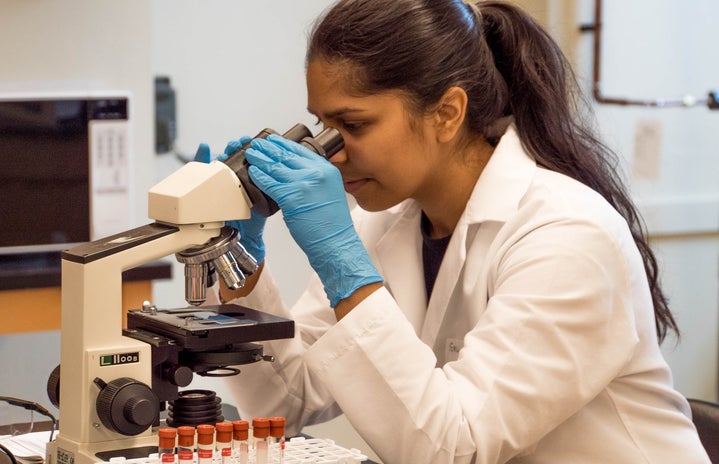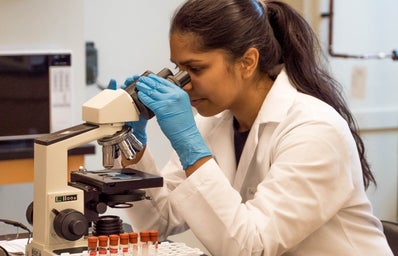Organic chemistry. Orgo. OChem. Whatever you call it, this is one of the hardest subjects to master. Below are 7 tips for understanding and studying orgo (and most other challenging pre-med classes)!
- Utilize the Academic Support classes offered at Cornell
Cornell offers an additional, 1 non-academic credit class to pair with difficult classes such as organic chemistry 1 and 2. This includes one Monday night lecture from 7-8:30 pm and one discussion class on Thursday (time depends on when you pick). It is only required that you attend a certain number of classes and the others are optional. There is no additional work outside of class time and attending these classes have helped me to improve my grades significantly. I know it is annoying to attend extra classes, but I always viewed them as time I would have spent studying anyways, so it cancels out. This reinforces the content taught during that particular week, provides more practice (with answers), and explains the material in different terms. The course codes for Organic Chemistry 1 and 2 Academic Support are CHEM1057 and CHEM1058, respectively, and if I could only offer one piece of advice, it would be enrolling in these!
- Test yourself on new content as you go
I am a transfer student and at my previous school, we had quizzes each week called “Weekly Challenges.” These involved working with a group of peers to complete a quiz filled with difficult questions about recently learned material. While Cornell does not have these “Weekly Challenges,” you can always make your own! In order to make a true “Weekly Challenge,” form a group of 4-5 classmates, put together a list of about 15 practice questions (I usually use the homework questions, textbook questions, or additional practice assigned on Achieve), and give yourselves 45 minutes to an hour to solve these. Whatever questions you have trouble with, review the material until you can solve the “Weekly Challenge” in the allocated time frame. Some great resources to review include “The Organic Chemistry Tutor” on YouTube and the course’s textbook.
- Try to understand why the mechanisms work, as opposed to just memorizing each step
Some of the reaction mechanisms are really long and at first glance, it seems that the only way to remember them is through memorization. However, spending the time to understand why the reaction mechanisms work the way they do actually improves your memory of the mechanism and if you blank on the exam, you are more likely to be able to derive it from your previous knowledge. Doing this from the start will also help you to have a better understanding of class content because you are reinforcing the material you learn along the way and how molecules “behave”. This makes orgo more “predictable” and allows for long term retention of the content.
- Review periodic trends, acid-base rules, functional groups, and polarity
This may be a flashback to general chemistry, but remembering these can be really helpful on exams. For instance, if you are stuck on a question, thinking about the properties of a given compound can help you to figure out how it will “behave” and therefore help you answer the question, or at least make an educated guess.
- Taking advantage of your molecular model kit
Model kits come with the CAMP program at Cornell and it can be really helpful for visualizing what is happening. OChem is really a test of your visual-spatial knowledge and building molecules and “acting out” reactions can be really important for comprehending why compounds “behave” the way they do or why some reactions take place. They are allowed on the exams for a reason!
- When in doubt, think stereochemistry or resonance
The answer to the question is almost always going to be either a matter of stereochemistry or resonance. Having a good understanding of both concepts is critical to passing organic chemistry.
- Take breaks, study efficiently, and take care of yourself
It is always important to prioritize your mental health, especially when taking notoriously difficult classes like chemistry. Start studying well in advance for exams (and as you go) to allow yourself time to relax and properly care for yourself. Try to avoid all-nighters and make sure to eat meals with at least some nutritional value (I know it is hard as college students!) before exams. My friends and I have a pre-exam tradition of getting dinner together and getting ice cream for dessert right before we head over to our testing locations. This takes away some of the stress and makes sure we have energy during the prelim.


